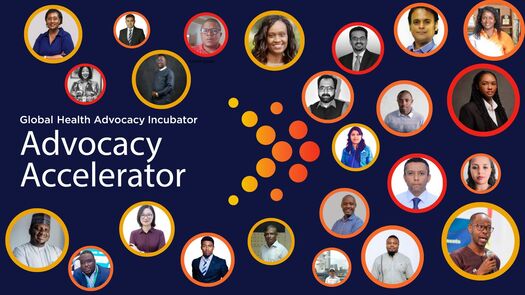December 22, 2025
 The Global Health Advocacy Incubator (GHAI) applauds the UN General Assembly on its recent adoption of a resolution on drowning prevention, as well as Bangladesh and Ireland for co-sponsoring the resolution. This global call to action showcases the importance of government led drowning prevention efforts to address this critical problem. GHAI works with governments, the World Health Organization, and other national and local stakeholders to build local capacity and support the sustainability of proven drowning prevention programs for children in Bangladesh and Vietnam. We are pleased to join the global community in this historic effort to save lives.
The Global Health Advocacy Incubator (GHAI) applauds the UN General Assembly on its recent adoption of a resolution on drowning prevention, as well as Bangladesh and Ireland for co-sponsoring the resolution. This global call to action showcases the importance of government led drowning prevention efforts to address this critical problem. GHAI works with governments, the World Health Organization, and other national and local stakeholders to build local capacity and support the sustainability of proven drowning prevention programs for children in Bangladesh and Vietnam. We are pleased to join the global community in this historic effort to save lives.
“We are supporting the Vietnamese government to implement a sustainable program that will reduce drowning deaths by teaching children survival swimming and water safety skills.” Anuradha Khanal, Program Director for GHAI’s Vietnam Drowning Prevention program. “We thank the UN General Assembly, Bangladesh and Ireland for recognizing that drowning affects every nation in the world and the government of Vietnam for its commitment to protect children from drowning.”
An estimated 235 000 people died from drowning in 2019, making it a major global health problem. Unfortunately, drowning is a silent killer and most people are not aware of the risks. This silent epidemic disproportionately effects low- and middle-income countries as well as children under 15. “This global focus on drowning prevention could help thousands of children under five who die from drowning each year in Bangladesh.” Vandana Shah, Program Director for GHAI’s Bangladesh Drowning Prevention program. “We commend the leadership of the Government of Bangladesh in getting this UN resolution adopted and remain committed to supporting their efforts to launch a national drowning prevention initiative to implement proven lifesaving interventions for children.”
The new resolution proclaims July 25th as World Drowning Prevention Day and calls on countries to highlight the importance of drowning prevention and the need for coordinated, multisectoral action.



